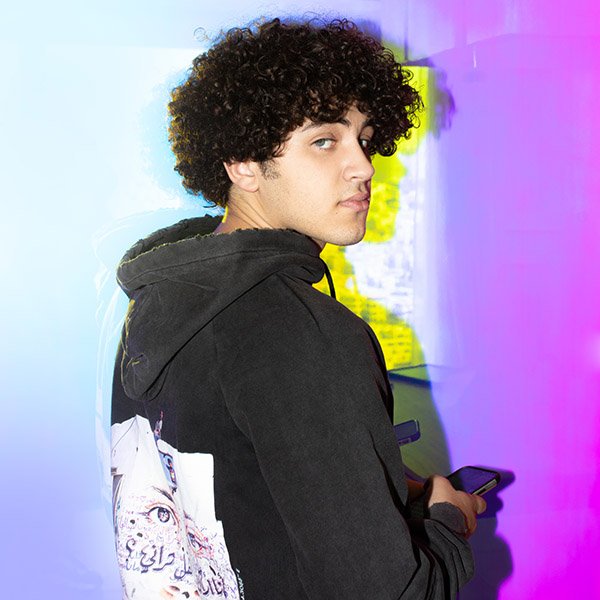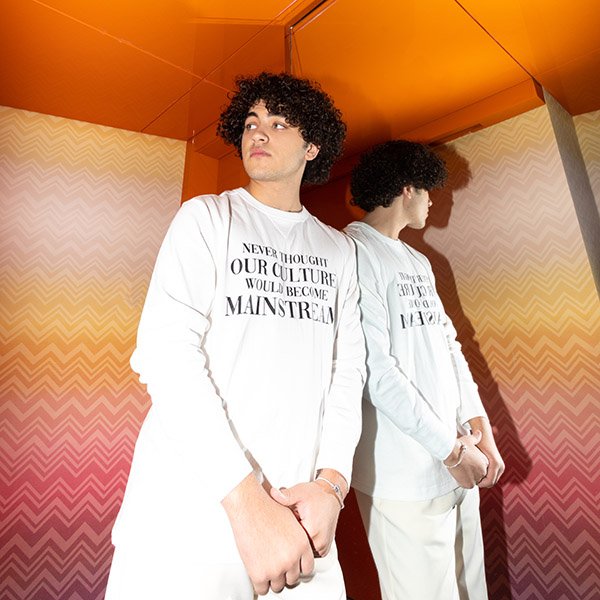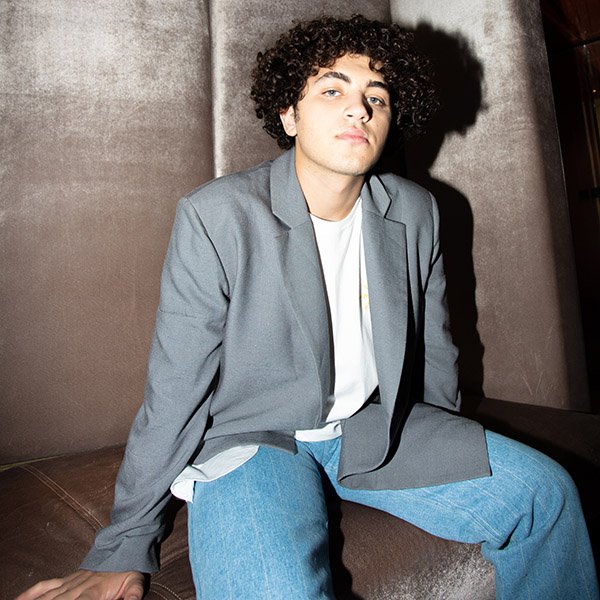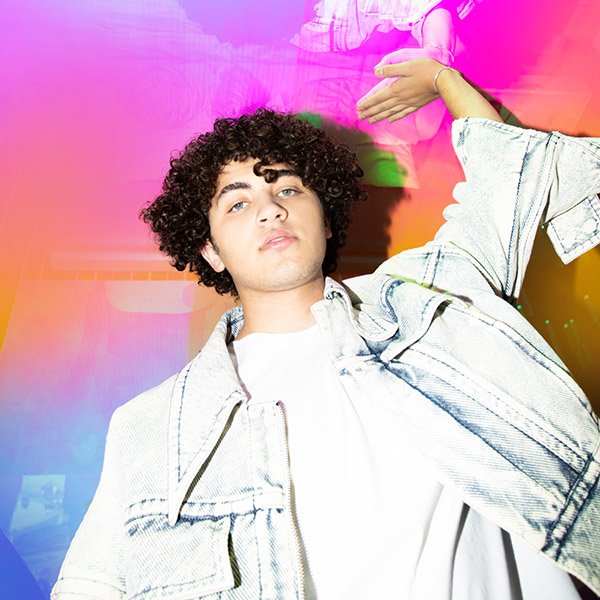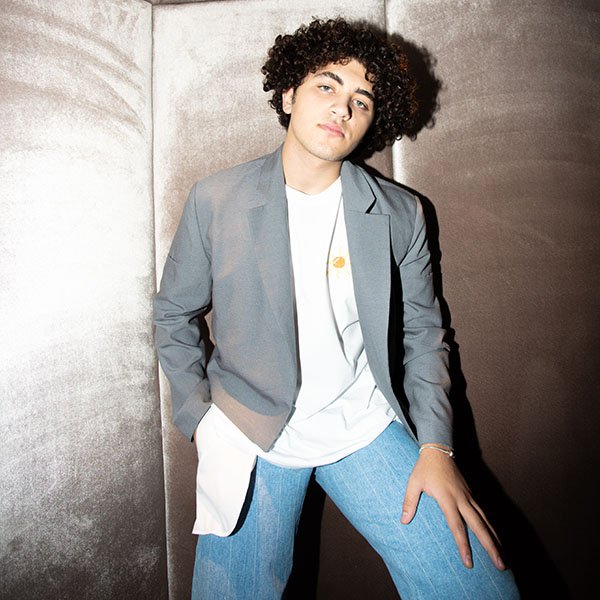For Issam Alnajjar, “No Dream is Too Big”
The 15th of March of 2020 is a date that changed Issam Alnajjar’s life forever. From recording covers as he sat in his bedroom in Amman, Jordan, to having his face projected across billboards in New York’s Time Square, Alnajjar’s unconventional journey to fame and success is one of hope, especially when you come from a region where hope is the only thing that keeps most people going.
His story is quite unusual. He is one of only a few, if not the only one, who has managed to upset the status quo in a region where the same established artists have dominated and monopolized an industry that is in desperate need of fresh, new blood. Who would have ever thought that a young boy from Jordan would one day become the face of Arab music on a global level? Think of Justin Bieber, who was initially discovered on the streets of Toronto – today it is the story of Issam, a young Arab boy, who was discovered on TikTok.
Inspired by the likes of Queen, The Weekend, Shawn Mendes and Lewis Capaldi, Alnajjar, who is 18, has always loved music. “Music has always been part of my life. It has always allowed me to escape and helped me overcome the stress and challenges I had to face. I have been creating music for a couple of years, studying the songwriting of pop artists like Shawn Mendes and Ed Sheeran,” he tells me. He discovered his passion for singing and songwriting after his family left Jordan for America, “My cousin gifted me a guitar to kill time with, and that was the day I discovered music was my passion.”
An overnight sensation? Some, including Issam himself, think so. I was eager to find out if he remembers the day his viral hit ‘Hadal Ahbek’ began to gain traction on TikTok. “It [literally] happened overnight,” he says. “The song went viral on the 15th of March [and] I was so excited.” Indeed, the remix of his song has had the likes of TikTok’s biggest stars including Addison Rae, Bryce Hall and David Dobrik dancing to it. “It generated more than 91,000 videos that were watched by 45 million users right as I posted it,” he said. Today, the hashtag associated with the song boasts over half a billion views.
Organic music
Fame is not an easy thing to handle, particularly at a young age. “I keep a low profile [and] I don’t let fame go to my head,” he tells me. Fame and success may also unveil the dark truths about friendships and relationships, “but about oneself, too,” he adds. “I thank God that I am surrounded by my blood family and my second family that is Universal Arabic Music [who are] supporting me and preparing me [as I] face all my fears, protecting me mentally and emotionally from the hazards of fame and preserving my identity and image.” His identity and image certainly set him apart, but does this account for the global success he has found over the past year? Not quite.
Alnajjar’s success comes from how organic his music sounds. “I create songs that people can relate to. My songs transcend language barriers as they go straight to the listeners’ hearts and express their emotions and feelings,” he says. As he follows in the footsteps of some of his inspirations like Ed Sheeran, Issam’s music is built on breezy folk arrangements, particularly in the way they explore elements that are missing from Arabic music. “The melodies are Western and the music is pop and that is what makes the songs stand out,” he explains. Even though Western influence is very much infused in Issam’s appeal and global success, he remains grounded in acknowledging where he comes from. “I lived in Amman my whole life and as Arabs, music is something we cherish and enjoy, whether for happy or sad occasions or religious holidays, there is always time for music,” he explains.
As Alnajjar continues to rise through the industry, one song at a time, I ask him: what would you tell young Issam today? “Remember the times when your dreams were so big you thought you could never reach them? Today they are all coming true so don’t stop dreaming. No dream is too big!”
Share This Story!


